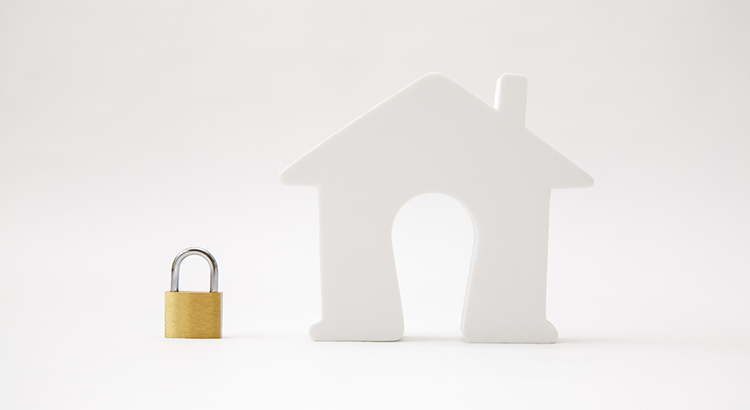The real estate market has experienced its fair share of ups and downs in recent years. However, a Realtor.com analysis has identified the best time to sell in 2023, and it’s just around the corner. According to the report, the market can expect a more typical spring season this year. So, let’s dive into the key points:
- Nationally, the third week in April will be the best time to sell, though timing may vary in individual markets.
- Seasonal patterns are fairly predictable, and activity has already started to pick up this spring.
- Interest rates will continue to dampen sales, but stabilizing list prices and declining days on market suggest buyers and sellers are adjusting.
The clock is ticking for sellers hoping to time their listings around the “magic window” for selling in 2023. The best time to sell nationally will be the week of April 16-22 — that’s when sellers can expect to score the highest profits and quickest sale, according to Realtor.com Chief Economist Danielle Hale. The exact timing in individual markets will likely vary by a few days.
It’s been a wild ride the past few years for residential real estate, buffeted by the pandemic relocation boom and now rising interest rates. But Hale is confident that once again, April will be the best month for sellers this year.
Spring is Still Prime Buying and Selling Season
“There are some things that you can predict in housing, and seasonal trends are one of them,” Hale said, noting that 2020 was an exception due to pandemic lockdowns bumping up against the start of the homebuying season. This year, however, the seasonal patterns seem to be back on track, with sales being weaker last fall into the end of the year. “But in January and February, we’ve seen some stronger activity,” Hale said, a sign that “the usual seasonal pick-up in buyer demand appears to be underway.”
This increase in activity bodes well for the spring, as it indicates that homebuyers are eager to get a jumpstart on their search. “May is typically when we see the most homeowners deciding to put their homes up to sell. So it creates a seasonal sweet spot where there are a lot of buyers in the market in April, but not as many sellers,” Hale explained.
Despite the unsettled nature of the market, the comparison to the pandemic-fueled relocation boom makes it seem worse than it is. Hale says, “Signs show that buyers are active in the spring housing market, even if they aren’t as numerous as they were during the pandemic.”
Interest Rates Continue to be a Factor for Buyers, Sellers
Interest rates are the big variable right now, but Hale maintains that they won’t change seasonal trends. However, with many buyers on the edge of their budgets, rising rates could push more of them to the sidelines. “Home shoppers have shown that they are very rate sensitive, only jumping back in the market when rates dip,” she said.
As long as interest rates continue to fluctuate, so will the number of buyers in the market. “It’s probably going to make the difference between whether home sales pick up speed or just continue to bump along,” Hale said.
Likewise, many homeowners — not wanting to give up their low-interest mortgages — may opt to renovate their homes rather than sell, exacerbating the inventory shortage. “With an uncertain market ahead, it may be even more important for potential sellers to aim for this year’s seasonal sweet spot,” Hale said.
List Prices and Time on Market Show Consumers Have Adjusted
Realtor.com’s Monthly Housing Trends Report released on Thursday showed that in March, time on market shrank to 54 days, down from January’s high of 74 days. It’s 18 days longer than the same time last year, but still below pre-pandemic levels.
In addition to flagging the peak time for sellers, the March report also suggests that while home prices continued to rise, the rate of increases in March was the slowest since June 2020. “At this rate of slowing, list prices are likely to decline relative to the previous year by summertime,” according to the report, which noted that the national median sale price already declined on an annual basis in February (by 0.2%), the first such decrease in a decade.
The report also found that the share of homes with price reductions, while up year over year, has been falling. Hale says it’s a good indication that sellers are adjusting to the current market conditions. “It suggests that buyer and seller expectations are coming into better alignment,” she says. “That’s good news for buyers and good news for actually making a sale happen.”
In conclusion, the real estate market in 2023 appears to be returning to a more typical spring season, with April being the best time for sellers to capitalize on the seasonal sweet spot. As interest rates continue to play a significant role in buyer and seller decisions, it’s crucial for sellers to seize the opportunity and list their homes during the peak selling time. By doing so, they can make the most of the current market conditions and increase their chances of a successful sale.


























